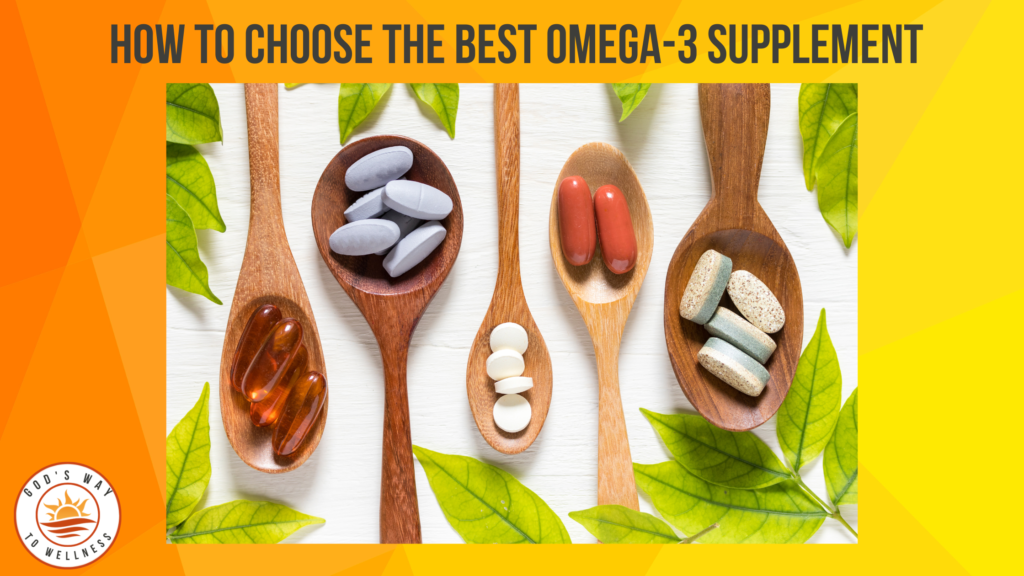When you think of salt, what comes to mind? It’s bad for you and causes high blood pressure, right?
The elements sodium and chloride combine to form salt (NaCl). What can happen when you eat too much salt? Too much sodium in the blood causes your body to hold on to water to dilute it. Then your blood vessels contain more fluid and cause increased blood pressure. This forces your heart to work harder.
Salt. We need some, but not too much.
So, let’s find out some interesting facts about salt and your health.
There are many types of salt, based on its origin and purpose
- Table salt is the most commonly used type of salt. However, it is washed, refined, and often bleached. Iodine is added to prevent deficiencies of this essential trace mineral.
- Kosher salt has larger crystals than table salt. Brining and seasoning meat is a common use for it.
- Sea salt is harvested from evaporated seawater. It is popular in many recipes and also used as a skin exfoliant.
- Himalayan pink salt is harvested from the Himalayan mountains. Iron and other trace minerals give it the pink color. It is best used for seasoning and garnishing.
- Black salt, also called volcanic salt or Himalayan black salt, is from India.
- Celtic grey or Atlantic grey salts are from France.
Since only table salt contains iodine, it’s a good idea to eat iodine rich foods when you use other forms of salt than table salt. These include shrimp, tuna, cod, dairy products, and egg yolks.
Moderation is best for salt intake and your health
A healthy adult needs between 200 and 500 milligrams (mg) of sodium per day, and no more than 2,300 mg, which is equivalent to about 1 teaspoon of table salt.
However, most Americans eat an average of 3,400 milligrams of sodium per day.
Sodium is an essential nutrient, so not enough salt can cause health problems as well. Long distance and endurance athletes are at risk of low sodium levels because of excessive water intake and failing to replace the sodium that’s lost through sweat.
Also, an increased risk of death from heart failure is associated with low-sodium diets.
There is a genetic component to salt sensitivity
Recent studies show that sensitivity to salt is genetic, which explains why some people have normal blood pressure even with a high salt diet.
Approximately one-third of healthy individuals, and roughly 60% of those with high blood pressure, exhibit salt sensitivity, characterized by a significant reaction to dietary sodium.
Individual variations in salt metabolism explain the need for some people to try several blood pressure medications before finding a successful treatment.
Salt makes junk food addictive
Most of our sodium intake comes from processed foods such as deli meats, soups, packaged snacks, pizza, hot dogs, sausage, bacon, processed cheese, soy sauce, packaged rice and pasta, and baked goods, including bread.
Salt is a flavor and texture enhancer in processed foods. Without salt and other chemicals, processed foods would be rancid, rubbery, and inedible because of a phenomenon called warmed over flavor or WOF. This occurs when food such as cooked and refrigerated or frozen meat, especially fatty meats like ground beef, produce off odors and flavors when reheated.
Salt, along with sugar and fat, makes ultra-processed foods addictive.
It’s not about the salt shaker
The problem with salt and your health is not the salt shaker on the table. The culprit is salt added to processed foods.
Therefore, reduce sodium in your diet by cutting down on processed foods. Don’t worry about adding salt to foods cooked at home.
The addiction to salt is easily reversed, unlike the addiction to sugar. Stop eating processed food for a while, and in just a few weeks, you lose your taste for salty foods.
Final words
A healthy diet includes salt in moderation, and whole foods created by God, not in a factory.
Learn more about salt and your health by watching this video by Michael Moss. His book, Salt Sugar Fat: How the Food Giants Hooked Us opened my eyes to how the food companies have hijacked our taste buds and caused the obesity epidemic.



